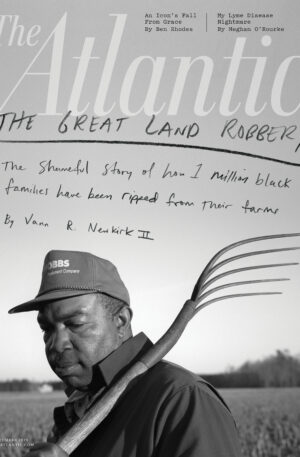Jessica Pishko’s book, The Highest Law in the Land, was excerpted in Rolling Stone.
Sheriffs are elected in every state except Alaska, Connecticut, Hawaii, and Rhode Island. Over three thousand of them must campaign for office every four years, in most cases. This means that sheriffs, unlike police chiefs, are in many ways equal to other elected local officials, with the power to set departmental policies, hire and fire staff based on political support (or lack thereof), and express controversial opinions to curry political favor. To a sheriff, city police are mere “code enforcers,” and many sheriffs believe they outrank police chiefs and other appointed officials, who don’t have to make their case to the public at large.
They are also the whitest, most masculine, and longest-tenured. As of 2020, only 4 percent of sheriffs were Black, and less than 2 percent were women. In 2020, one Texas county elected its first Black sheriff since Reconstruction. Even though sheriffs must run for office, they often win reelection over and over. Tenures of forty or fifty years are not uncommon. Over half of all sheriff elections are not contested, and 90 percent of the time the incumbent wins reelection. As a result, sheriffs are the least diverse of any democratically elected officials.
Many sheriffs believe they directly represent the people, their constituents, or at least the ones who can vote. Despite or because of this, sheriffs see themselves as the highest law in the land, independent and operating on equal footing with other important officials like the county supervisors, the governors, even the Supreme Court of the United States.








